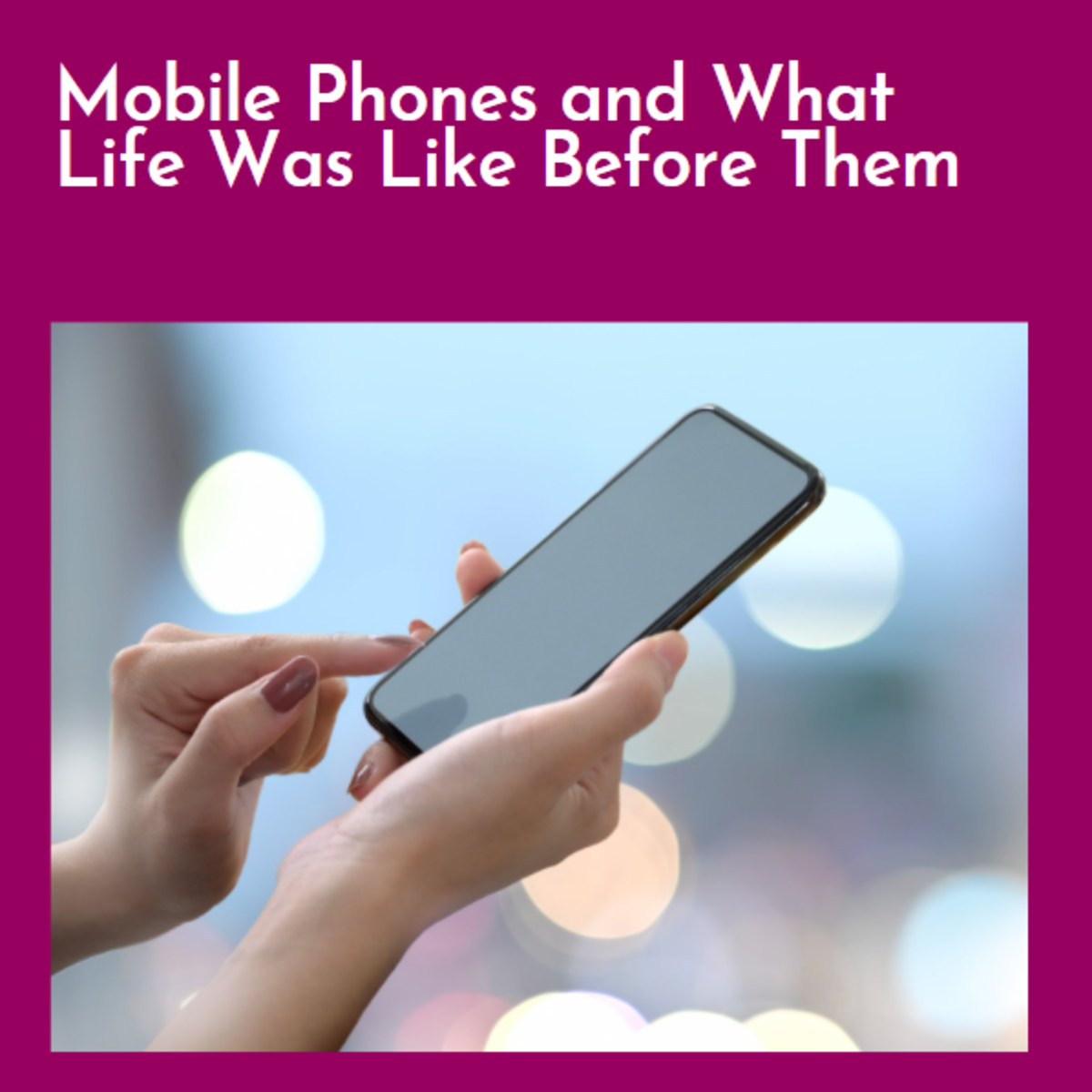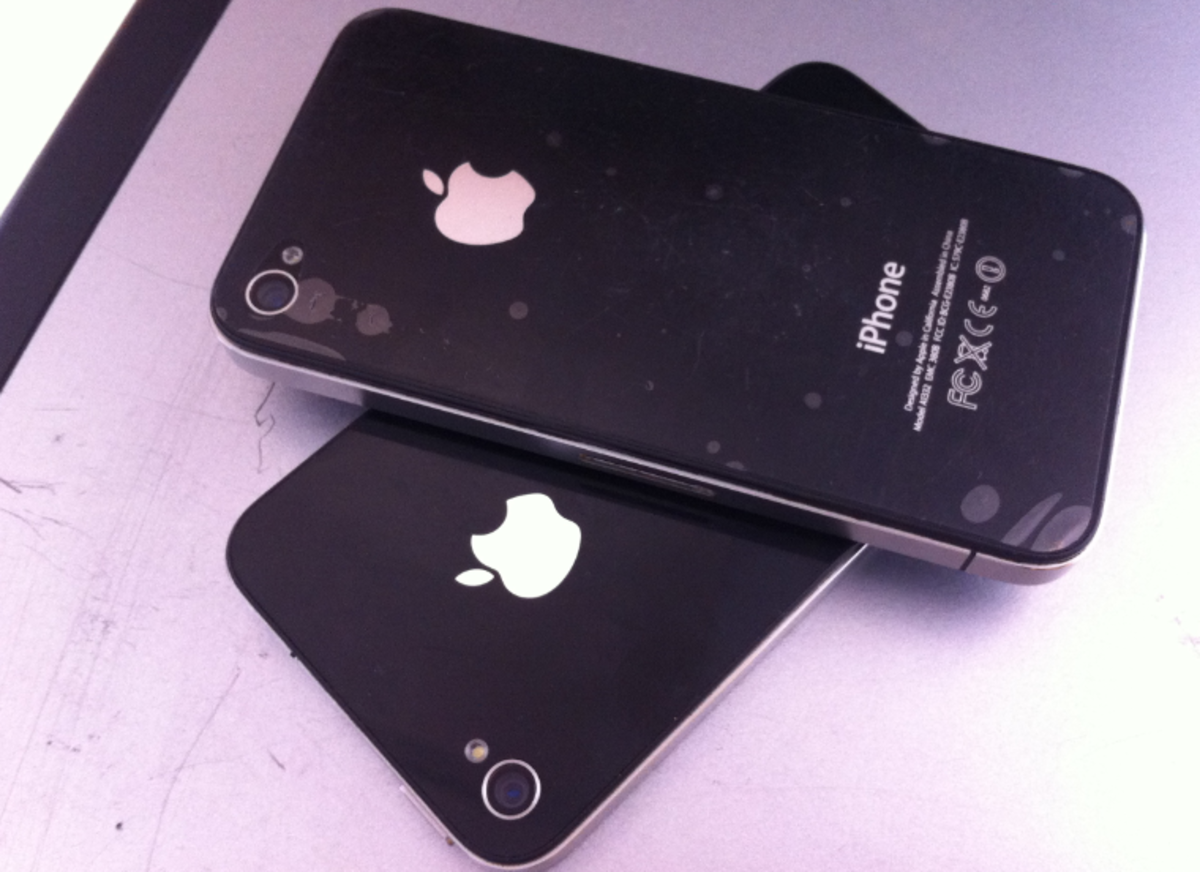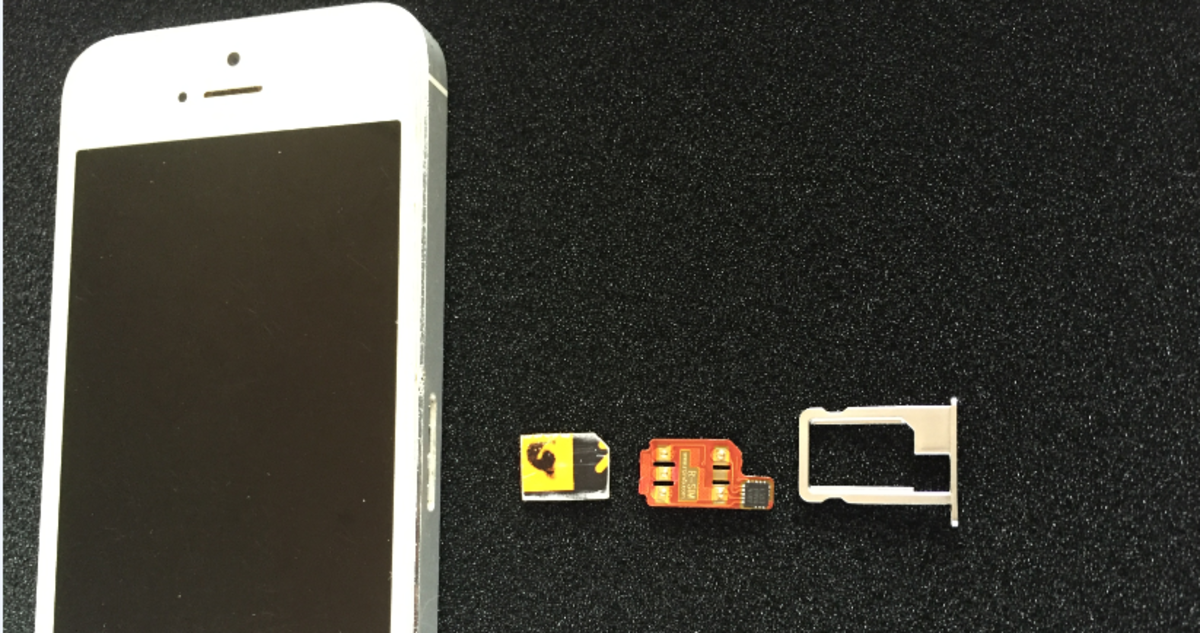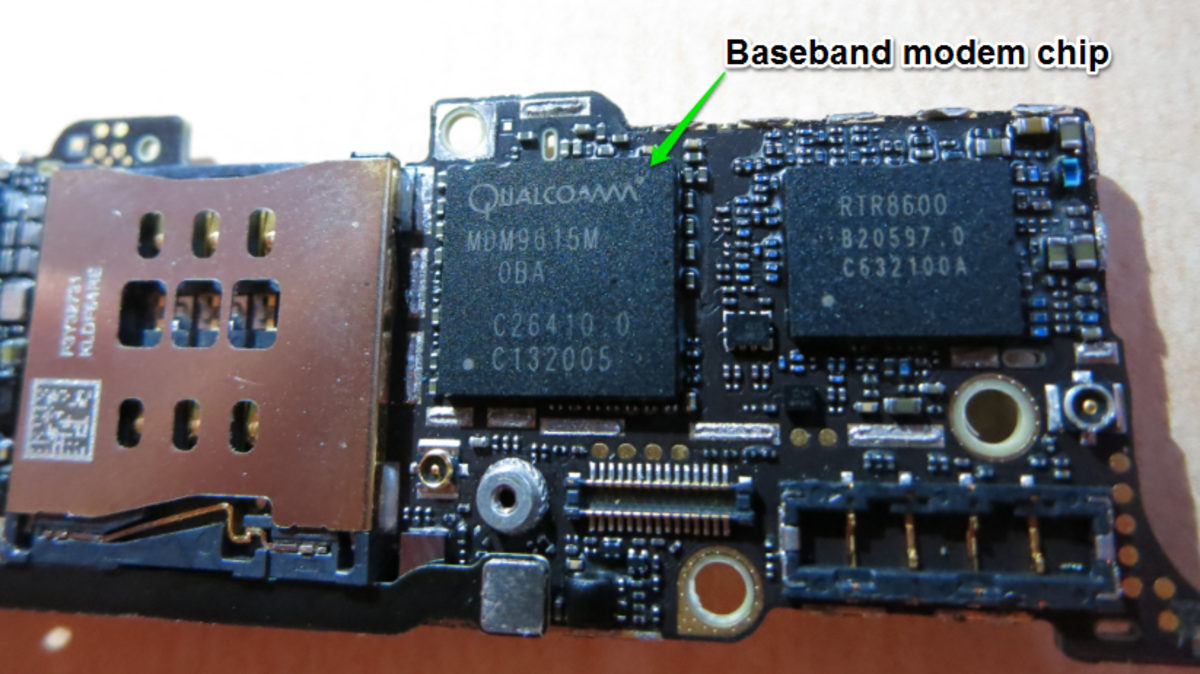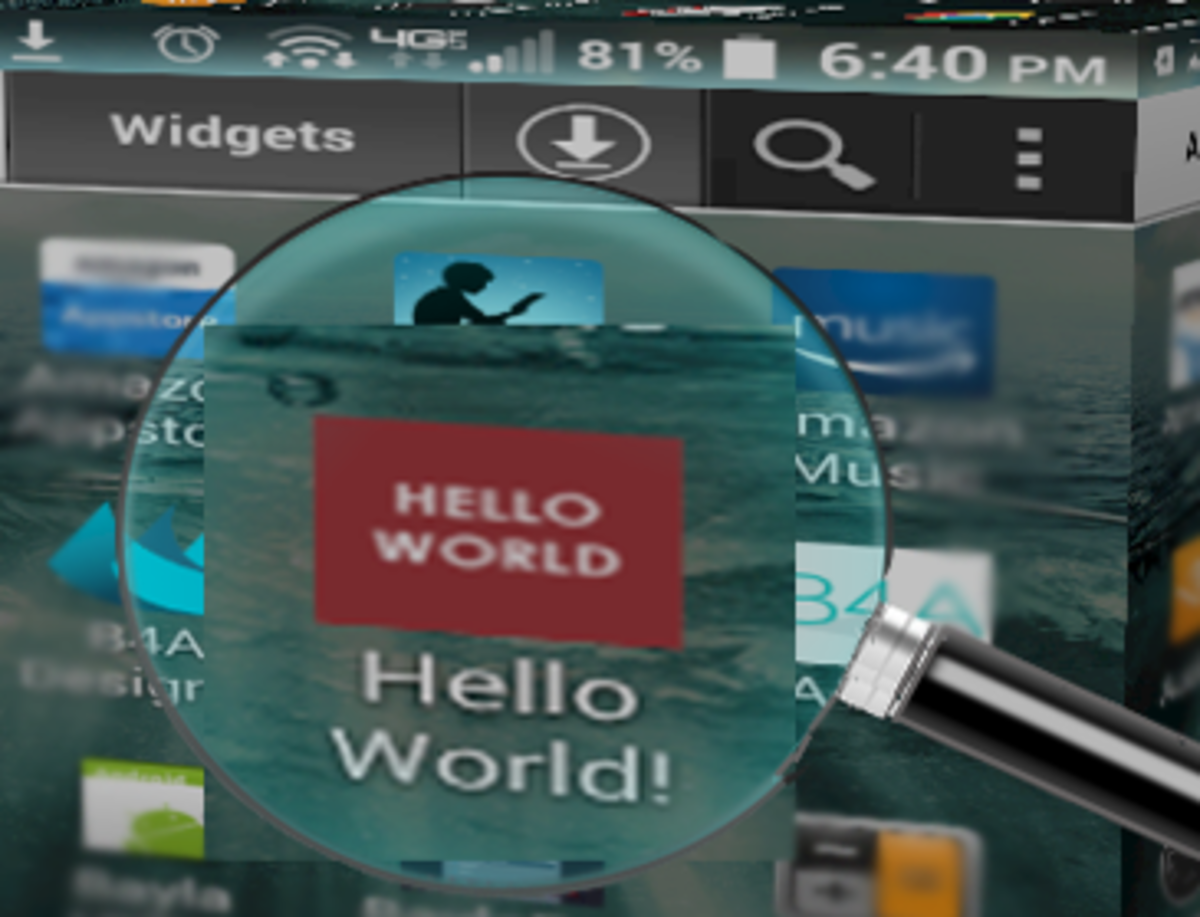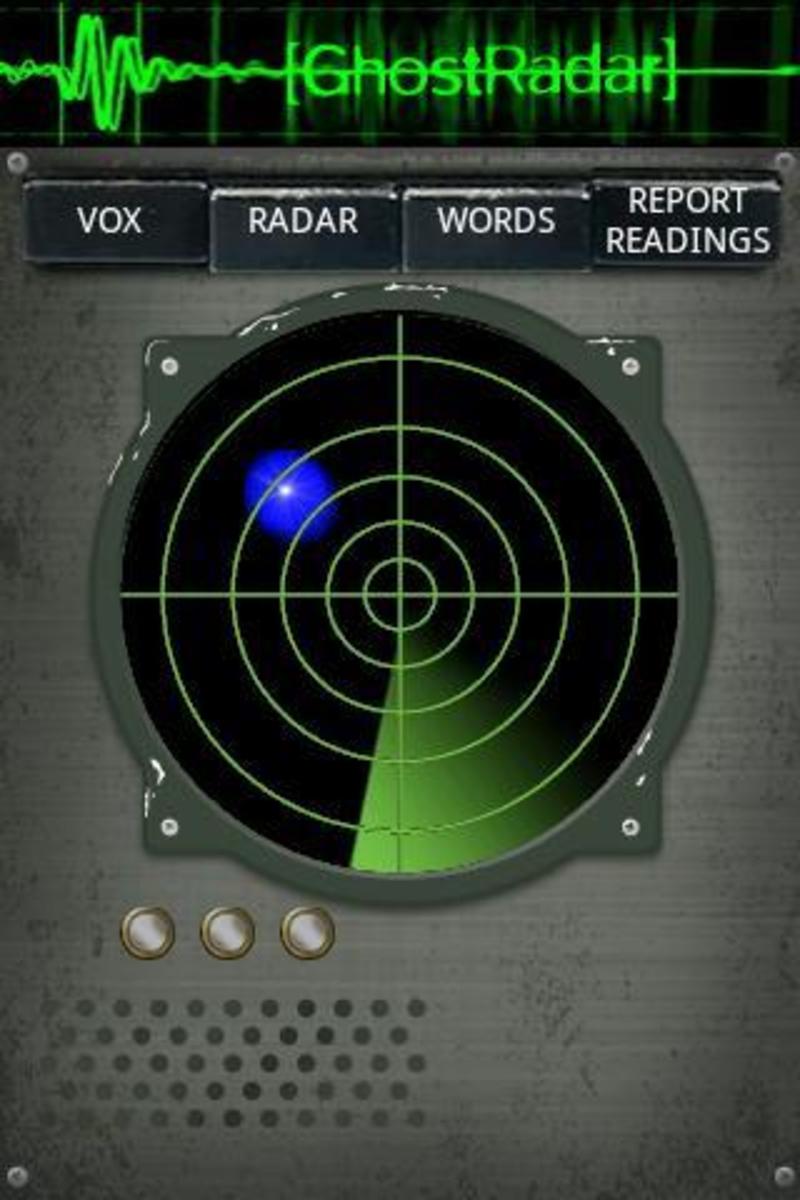How Can / Will Smart phone, iPhone, Android, etc. Work? Unlock, Flash, Bad ESN, Network, Frequency and more explained
Introduction
One of the most frequently asked questions regarding cellphones is "Can I use phone X on network Y?"
The answer, however, requires a bit of technical explanation, and a lot of jargon, acronyms, abbreviations, and more. But basically, it boils down to 3 things: standards compatibility, frequency band compatibility, and finally, carrier compatibility.
First, we have to explain the two "major camps" of cellular technology: GSM, and CDMA.
Please keep in mind that as I live in the US, this will be written mainly toward people in the US, but the technical stuff should be accurate and universally applicable.
GSM and CDMA
There are two major "camps" of cellular technology in the world, commonly referred to as GSM, and CDMA. The terms are not very accurate, but they will suffice for our discussion.
The larger camp, GSM is also sometimes known as UMTS, 3GPP, HSPA, HSPDA, GPRS, EDGE, 3GSM, and so on. They all are referring to a specific subset of the technology or standard. In the US, the major GSM carriers are AT&T and T-Mobile.
The other camp, CDMA, is also known as CDMA2000, 3GPP2, 1x RTT, EV-DO, SV-DO, and so on. In the US, the CDMA carriers are Verizon, Sprint, and MetroPCS.
The two networks are NOT inter-operable. A CDMA phone will not work on a GSM network, and vice versa. That's why Apple have to make a special iPhone 4 for Verizon: you cannot make the GSM version of iPhone work on Verizon, which uses CDMA!
Some phones have do both CDMA and GSM, and are known as "world phones". Examples would be the Blackberry Tour, or Motorola Droid 2 Global. The latest iPhone 4S is also a world phone with both CDMA and GSM.
Interoperability, US Carriers
Move from this company
| to this company
| Will it work?
|
|---|---|---|
AT&T
| T-Mobile
| Must Unlock First, 3G problems
|
T-Mobile
| AT&T
| Must Unlock First, 3G problems
|
AT&T
| Verizon
| Not possible
|
AT&T
| Sprint
| Not possible
|
T-Mobile
| Sprint
| Not possible
|
T-Mobile
| Verizon
| Not possible
|
Verizon
| Sprint
| Sprint do not activate non-Sprint phones
|
Sprint
| Verizon
| Unknown, 4G not compatible
|
Sprint
| AT&T
| Not possible
|
Sprint
| T-Mobile
| Not possible
|
Verizon
| AT&T
| Not possible
|
Verizon
| T-Mobile
| Not possible
|
Verizon
| MetroPCS
| Maybe, must be flashed
|
Sprint
| MetroPCS
| Maybe, must be flashed
|
AT&T
| MetroPCS
| Not possible
|
T-Mobile
| MetroPCS
| Not possible
|
Compatibility chart, can you move from one carrier to another?
GSM Interoperability
Within the GSM camp (actually UMTS, its 3G equivalent) there are 15 bands defined, that standardized the uplink (transmit from phone to carrier) and downlink (transmit from carrier to phone) frequencies.
NOTE: Each band actually comprises of two SEPARATE frequency bands. While band II is called 1900 MHz, it actually uses some frequencies in the 1850 MHz range as well.
UMTS Frequency Bands
Band Number
| Frequency
| Common Name
| Note
|
|---|---|---|---|
I
| 2100
| IMT
| Mainly used in Europe
|
II
| 1900
| PCS
| AT&T
|
III
| 1800
| DCS
| Europe, Asia, Oceania
|
IV
| 1700
| AWS
| T-Mobile US
|
V
| 850
| CLR
| AT&T US
|
VIII
| 900
| GSM
| Europe and World
|
Subset of Wikipedia UMTS frequency band
(full chart is at http://en.wikipedia.org/wiki/UMTS_frequency_bands )
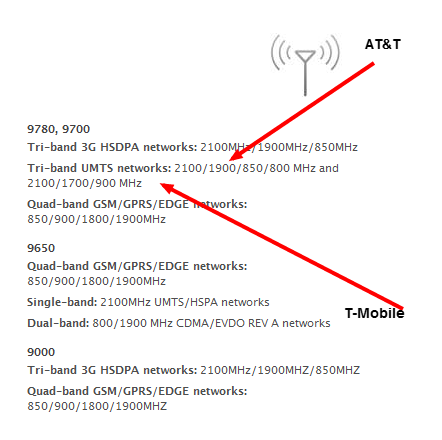
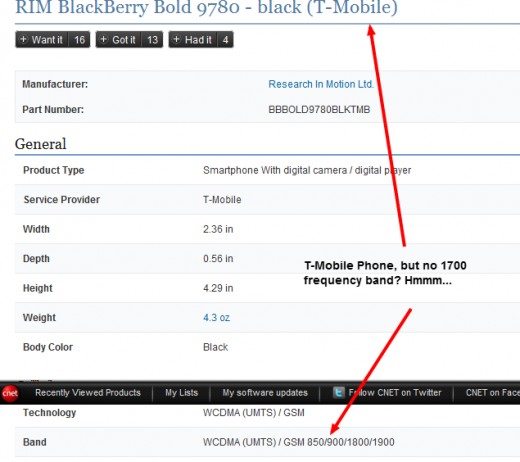
A GSM phone will work on several of the bands defined here. If you look at the specs of the Blackberry Bold 9780 to the right, you can see that it lists the frequency bands they use, and they have several different versions for different carriers.
This is a major danger when you buy phones from outside the US. As you can see above in the table, a phone designed for the rest of the world may not work too well in the US, due to different frequency bands used. The phone will work probably work fine on voice, and 2G data, but will probably NOT work on 3G data.
So how do you decipher the specs? Here are the keys:
- GSM = voice only
- EDGE / GPRS = 2G data
- UMTS / HSPDA / HSPA = 3G data
The problem is even a reputable website like CNET have been known to list only PART of the specs, because it doesn't fit in their table. For example, for the same phone, Blackberry Bold 9780, CNET's listing for the T-Mobile version doesn't even list the 1700 frequency! (They probably copied it from the AT&T version)
You must get the specs directly from the manufacturer's website.
Please note that even if you don't get full compatibility, you should be still able to get partial compatibility. For example, if you take AT&T's GSM iPhone to T-Mobile, you will not get 3G data (thus falling back to EDGE/GPRS 2G data), but you will have no problem getting voice and 2G data.
GSM Carrier Compatibility
Now that you have determined that the phone you want will work on your intended carrier (i.e. GSM vs. CDMA), and will work on the frequency band your intended carrier uses, you need to determine whether the phone can be made compatible with your carrier. For a GSM phone, this is usually called "unlocking".
Most GSM phones you buy from a carrier is locked to that specific carrier. If you bought a T-mobile phone, that phone is locked to T-Mobile. Usually this is of no concern to you as you will be using a T-Mobile SIM and never noticed theproblem. However, if you put another company's SIM card inside, it will not work.
You will need to "unlock" the phone to accept other company's SIM cards.
On the feature phones, this is usually achieved by typing in a long code via the keyboard. However, smartphones usually require hacking the firmware first. On Android phones, this is called "rooting". On iOS phones, it's called "jailbreaking". There are many different ways this is done, so you must consult the Internet on how to unlock your specific phone.
Please note that unlocking the phone is NOT the same as rooting or jailbreaking. They are commonly associated because one must root / jailbreak before one can unlock a smartphone, though there may be some 'secret menus' accessible.
Some GSM phones, especially from Europe, can be purchased that are already unlocked.
CDMA Interoperability Issues
CDMA phones do not use SIMs. Thus, the only way to make a CDMA phone operate on a different CDMA network is to update the firmware. As the firmware is usually based on Flash Memory, the term "flash" is used, as in "How to flash your Verizon Motorola Droid to work on MetroPCS".
CDMA, being a main American standard, does not have the multi-frequency problem like GSM.
There is no "standard" firmware that will work across different carriers. Each phone has its own firmware, even multiple revisions. Then you must change the transceiver firmware to work with the other carrier's radio equipment, which will of course break the warranty and more.
There are a lot of efforts on XDA-Developers to make phones more inter-operable, but only the most popular phones get the most efforts. If there is no firmware for your phone for a different network, asking some more will not help.
For non-smartphones, some carriers offer flash service. MetroFlash, for example, is offered by MetroPCS to flash Verizon and Sprint phones to their CDMA service, but only specified models. Check with the carrier for details.
Bad ESN: What Does It Mean?
One of the dangers buying a phone online is the phone have a bad ESN. Here is what it means.
ESN, or "electronic serial number", is a unique ID assigned to your phone by its maker. It cannot be changed, and is required to identify your phone to the carrier's network. It mainly applies to CDMA networks and phones. Most phones now use the successor of ESN, called IMEI, or MEID, but "ESN" is still used out of habit.
An ESN is considered bad when a carrier refuse to activate it. There are four general reason:
- It's reported lost or stolen -- the phone was reported lost or stolen, insurance was filed, then the phone was "found". It was then either sold, or donated (and eventually sold)
- Its previous owner has unpaid bill -- self-explanatory
- It's still listed on an active account -- the previous owner forgot to deactivate the phone
- It's not ours -- some carriers are known to refuse to activate any phones not sold through their stores or authorized resellers. A carrier whose name starts with S comes to mind.
There are services out there that charge a small fee to check the ESN for you on a specific carrier's network. Search for "check ESN" should give you many ideas.
What if you got a phone with bad ESN? There is almost nothing you can do if your new phone has a bad ESN, other than exchange it. No reputable seller will sell you a phone with a bad ESN on purpose. If you do get one, get it exchanged.
What if you got a phone with bad ESN through Craigslist? I hate to say this, but you are ****ed. If you can find a carrier that uses the same type of network (but not the SAME network), and you are able to find a firmware for the phone for that other network, then you MAY be able to flash the phone over and use it that way. However, keep in mind a lot of smaller phone carriers do NOT deploy their own network, but are instead "virtual" carriers, in that they just resell someone else's network.
LTE 4G SIM Confusion
A lot of people asked... Since you put a SIM into the 4G LTE phones (I got one), does that mean they are GSM compatible now, even if they are on Verizon?
The answer is NO THEY ARE NOT GSM PHONES OR EVEN WORLD PHONES. They are still CDMA / LTE phones.
The difference is the US LTE carriers (AT&T, Verizon, and soon, Sprint) have agreed that they will all use a SIM system to "authorize" LTE access, whether they are on GSM or CDMA. In other words, the SIM that Verizon (and soon, Sprint) uses is for 4G only. The SIM for AT&T would be for both their GSM and LTE network. Thus, putting an AT&T (GSM) SIM into a Verizon 4G phone would not do anything.
Same problem with MetroPCS. Their LTE also use the SIM system.
Can you use CDMA / GSM "World Phone" in the US?
Many more people have asked, can you move a dual-system phone, such as the Motorola Droid 2 Global / Droid 4, or Apple iPhone 4S, which has both CDMA and GSM radios, in the US, if you originally bought it from a CDMA carrier, and want to move to a GSM carrier?
The answer is: no. If you buy the phone from Verizon or Sprint, they will of course work on their phone networks, but the phone will be forever locked into CDMA mode in the US, with the specific carrier you chose, i.e. Verizon, or Sprint. If you go out of the country, you can use carriers in Europe, Asia, or whatever, that is GSM. However, you CANNOT use GSM while in the US, if you originally bought the phone from CDMA carrier.
Now To Summarize...
I hope this will help you pick the right phone. There are a lot of phones out there, but picking the wrong one will cause wasted money, wasted time, and more.
You can't pick the phone first and try it make it work on your carrier. It's the wrong way about. You need to pick the carrier that works best in your area first, then decide what phones are available for that network, both officially and unofficially.
Keep in mind that these "off-market" phones cannot be insured. If you lose them, that's it.
I hope you will choose wisely.
More on Smart Phones
- You Cannot Use GSM iPhone on Verizon CDMA network, b...
Learn just WHY you can't use iPhone on Verizon yet, will Apple make iPhones for Verizon, and what should you get if you don't want to wait. - The Unofficial Verizon iPhone FAQ: Your Questions An...
Verizon iPhone This unofficial FAQ hopes to cover all sorts of questions regarding the Verizon iPhone 4. It has been compiled from various tech news sources and Verizon's own website. To prevent confusion,... - Newbie Android Phone FAQ: Data Pak Plan, Marketplace...
Newbie Android FAQ: What you always wanted to ask about an Android Device, now that you have it! - Can Smartphones Get Virus/Viruses and Malware? iPhon...
iPhone and Android phones have viruses? Yes they do. Learn how they can affect you and how to deal with them.

